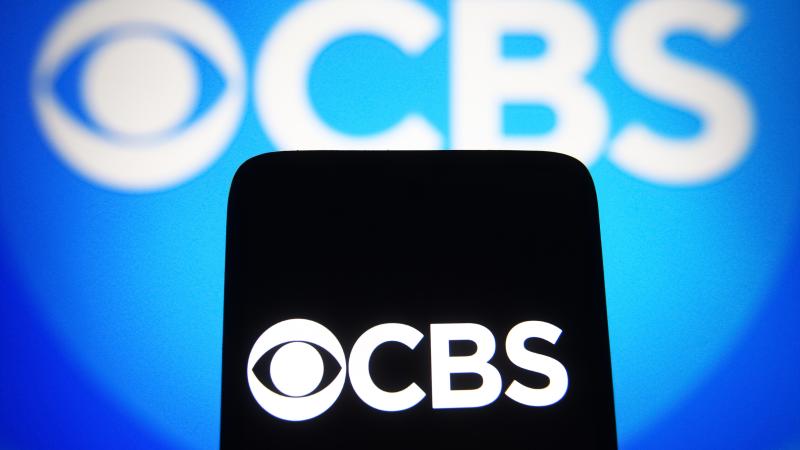Democrat-led House passes second largest stimulus package in history at $1.9T as debt nears $28T
The stimulus bill costs $1.9 trillion as the national debt approaches $28 trillion, according to the latest Treasury Department data.
The Democratic-led House of Representatives passed the second-largest stimulus package in U.S. history in the early hours of Saturday that includes a gradual $15 minimum wage hike, despite the Senate parliamentarian's ruling.
Two Democrats, Rep. Jared Golden of Maine and Rep. Kurt Schrader of Oregon, joined Republicans in voting against the bill. The final vote shortly after 2 a.m. was 219 to 212 and the bill now moves to the Democratic-led Senate.
Democrats are using budget reconciliation to pass the American Rescue Plan, which the Senate parliamentarian ruled cannot include a minimum wage increase. Reconciliation allows Democrats to pass the bill without relying on any votes from Senate Republicans.
The largest stimulus bill in history was the CARES Act that was passed in March of last year during the start of the coronavirus pandemic.
In addition to $400 weekly federal unemployment benefits and $1,400 direct payments, the legislation includes more than $100 million for transportation projects in New York and California.
"This is not a bailout. It is a rescue package," House Rules Committee Chair Rep. Jim McGovern said on Friday.
House Rules Committee Ranking Member Rep. Tom Cole argued that the coronavirus bill is excessive, given that it would add $1.9 trillion to the deficit over a 5-year period.
"Last year Congress passed and the president signed into law five bipartisan COVID-19 relief packages that appropriated around $4 trillion. Not all of that money has been spent yet. But if the majority has their way, within one year we will have appropriated just shy of $6 trillion for COVID-19 relief packages," Cole said. "This is one and one-third times the amount of money the federal government appropriated for all of 2019."
The national debt is approaching $28 trillion, according to the latest Treasury Department data.
Cole said there's about $1 trillion in unspent stimulus funds.
"To make matters worse, of the previous COVID-19 relief packages, there remains nearly $1 trillion in unspent funds. Before we leap ahead into another gigantic spending package that drives the American people further into debt, shouldn’t we at least spend down the funds already allocated and see if new money is actually required?" he said.
Texas Republican Rep. Michael Burgess wrote on Twitter before the vote that "the premise of this legislation was to provide relief against COVID-19. Instead it puts forward a partisan agenda."
House GOP Leader Kevin McCarthy and House GOP Whip Steve Scalise said about 9 percent of the stimulus funding in the package is directly related to COVID-19 and public health.
New Mexico Rep. Teresa Leger Fernandez was one of the Democrats who urged passage of the legislation on the House floor.
"This pandemic's tentacles have infiltrated every facet of our communities' lives. The brilliance of this rescue package is that it understands those complexities and addresses those many needs," she said.














